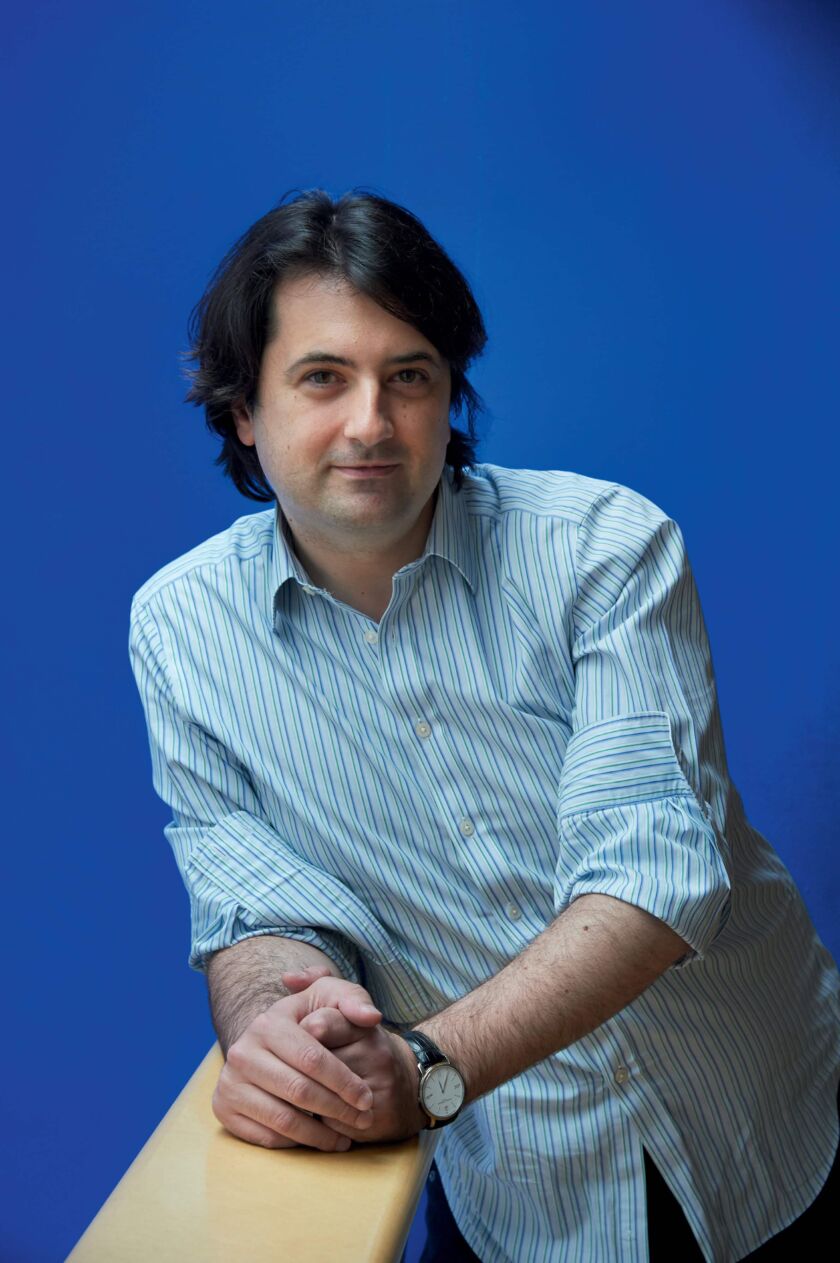Interview with Bruno Mantovani

Can you tell us about the commission you received from the Opéra de Monte-Carlo? How did this collaboration begin?
We were discussing with Cecilia Bartoli a collaboration between the Opéra and the Printemps des Arts, of which I am the artistic director. The idea was to perform Monteverdi’s Vespers of the Blessed Virgin in concert. Then, the question arose of adding a complementary piece, something that could perhaps offer a contemporary perspective on this 17th-century masterpiece. It was at that moment that Cecilia Bartoli suggested I write a short introductory piece.
The creation of any work means an artistic challenge. What were the most stimulating or difficult aspects of this project for you?
I love writing for a cappella choir. I’ve created a lot in this field, notably for the Accentus Chamber Choir and Laurence Equilbey. To fill the space of the Monte-Carlo Cathedral, I divided the choir into two symmetrical groups, which will create an antiphonal effect.
Is there a particular emotion or message you wish to convey through this work?
The Opéra de Monte-Carlo wanted a Venetian theme to be present in this work. I immediately thought of Rainer Maria Rilke, who described Venice in a particularly sensitive way.
Did you collaborate with any specific artists for this work, such as a librettist or conductor, and if so, how did this collaboration unfold?
I’m happy that this work will be conducted by Gianluca Capuano, who is doing a fantastic job in the Principality. But composition is primarily a solitary act. Sharing one’s solitude with Rilke is not an entirely unpleasant experience!
In any vocal piece, the link between music and text is essential. How did you approach this relationship in your creation, which moreover is a cappella?
The text is sometimes completely unintelligible, and other times very present. Its structure is crucial in shaping the work. Moreover, its sonorities are the initial music in this piece. I like to think that poetry already contains a form of musicality within itself.
What would you like the audience to take away from this work after experiencing it?
One cannot control or predict how the audience will perceive a work. By the way, who is the audience? There is no single type of listener. Each person comes with their own way of appreciation and their own culture… Ultimately, writing is a selfish act: I write for the audience I am. But I must admit that I am very happy when others embrace my intention and enthusiastically join me in listening to my music!
© Opéra de Monte-Carlo
